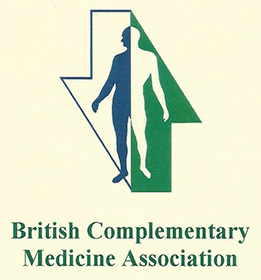Consumer Protection Act Credit Agreements: How They Protect You
Credit agreements are an integral part of our financial lives. From purchasing a car to buying a house, we often rely on credit to make these significant investments. However, credit agreements can be complex and challenging to understand. As a consumer, it`s essential to know your rights and protections under the Consumer Protection Act (CPA).
The CPA is a South African law that aims to protect consumers from unfair business practices. It applies to all credit agreements, including loans, credit cards, and store accounts. The CPA has specific requirements that credit providers must adhere to when entering into agreements with consumers. Here are some of the ways the CPA protects you.
1. Full disclosure of information
Credit providers must provide you with complete and accurate information about the terms and conditions of the credit agreement. This includes the total cost of credit, interest rates, fees, and charges. The credit provider must also explain the consequences of failing to pay on time, such as additional fees or legal action.
2. Right to cancel
The CPA allows you to cancel a credit agreement within five business days of signing it, without any penalty or reason. This cooling-off period gives you the opportunity to review the agreement and decide whether it`s suitable for your needs.
3. Reckless lending
The CPA prohibits credit providers from granting credit recklessly. This means that a credit provider must assess your ability to repay the loan before approving it. The credit provider must consider your income, expenses, and credit history before granting you credit. If the credit provider grants you credit despite knowing that you cannot afford it, they are in breach of the CPA.
4. Unjust enichment
The CPA also prohibits credit providers from unjustly enriching themselves at your expense. This means that a credit provider cannot charge you fees or interest that are unreasonable or unfair. Additionally, credit providers must credit payments to your account within seven days of receipt.
5. Debt review
If you are struggling to repay your credit, you have the right to apply for debt review. Debt review is a process where a debt counsellor assesses your financial situation and negotiates a repayment plan with your credit providers. During this process, your credit providers cannot take legal action against you, and your assets are protected from repossession.
In conclusion, credit agreements can have a significant impact on your financial future. It`s essential to know your rights and protections under the CPA. The CPA ensures that credit providers operate within ethical and legal guidelines and protects you from unfair business practices. Always read and understand the terms and conditions of a credit agreement before signing it, and if you have any questions, seek professional advice.


